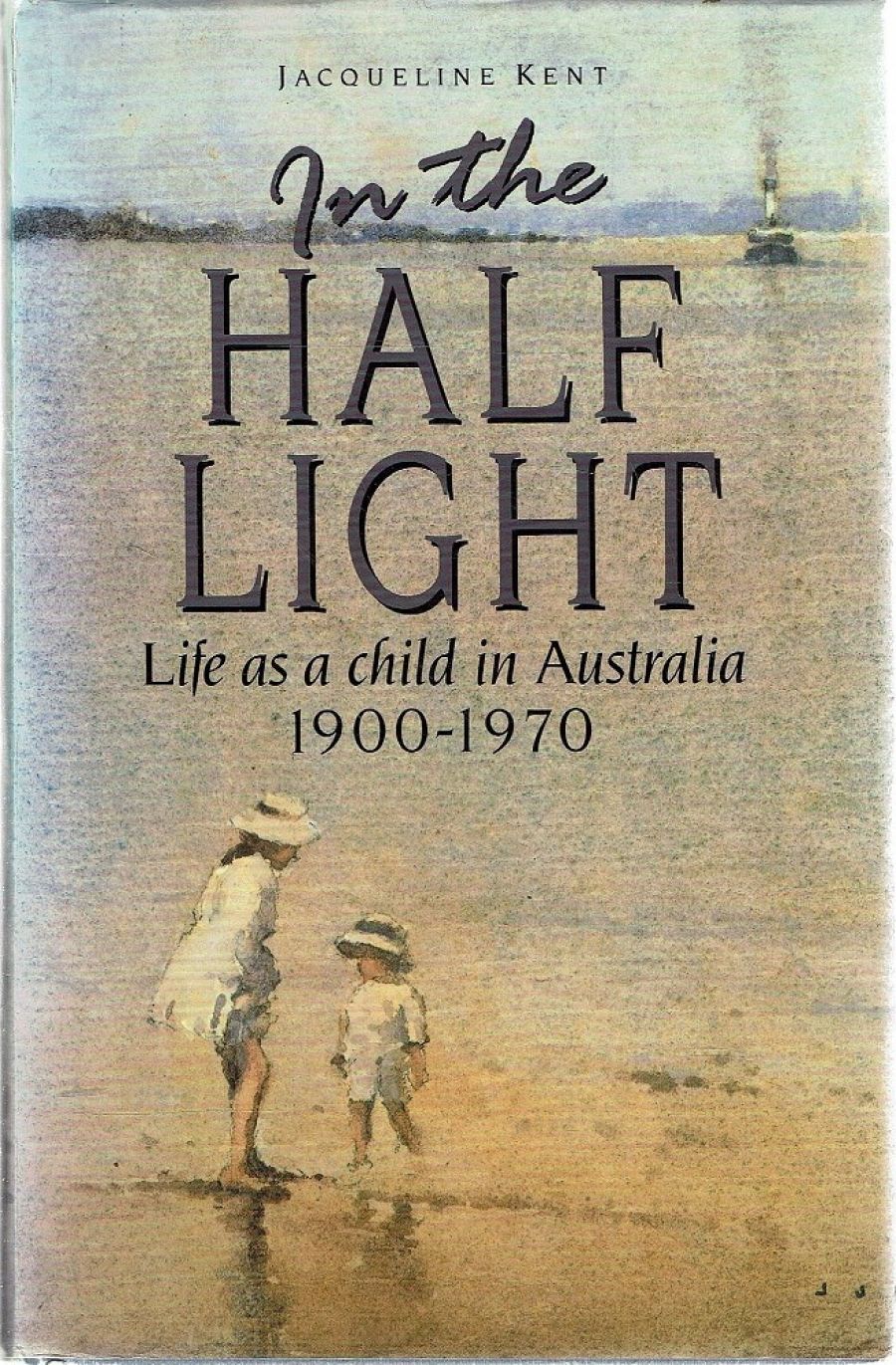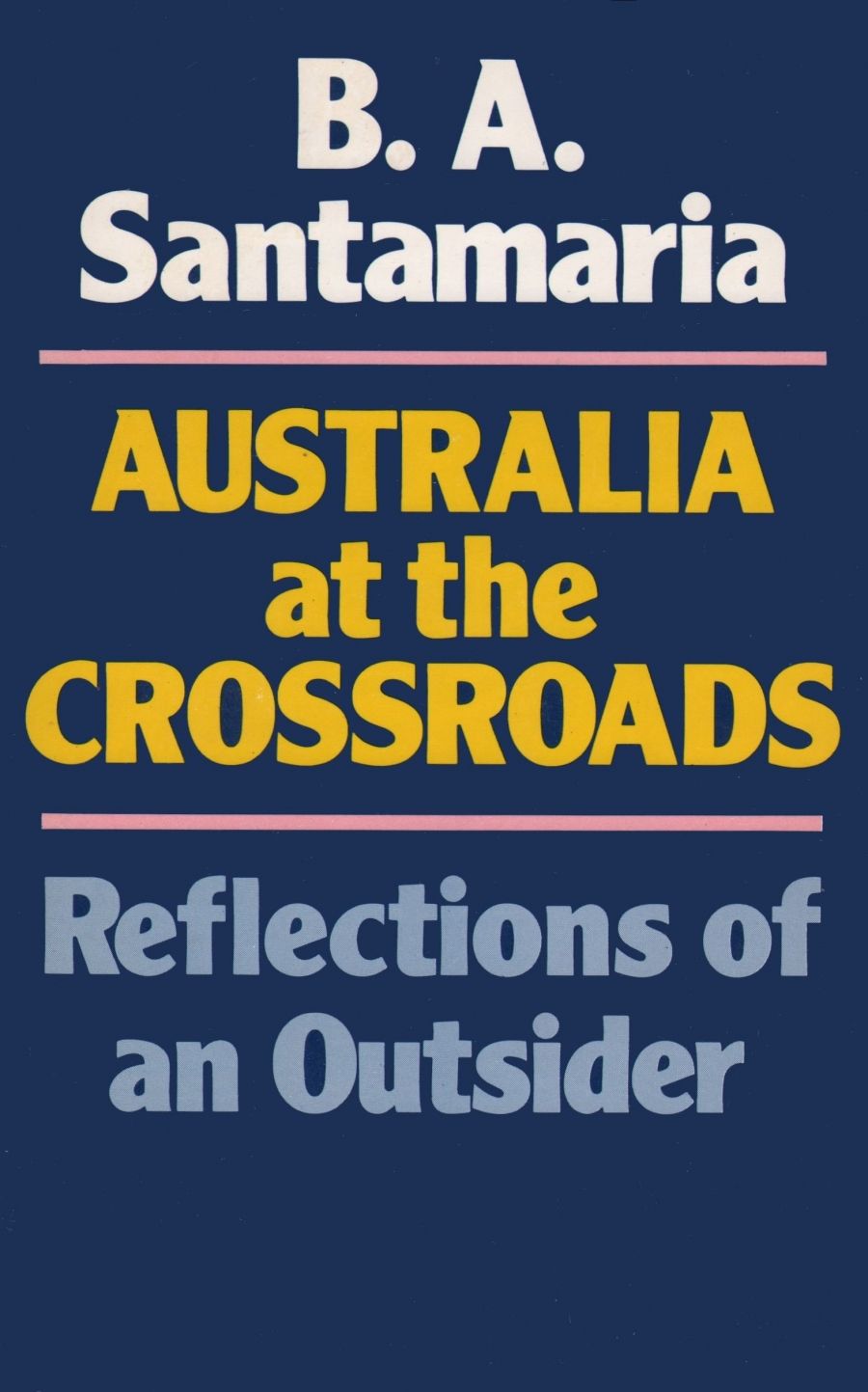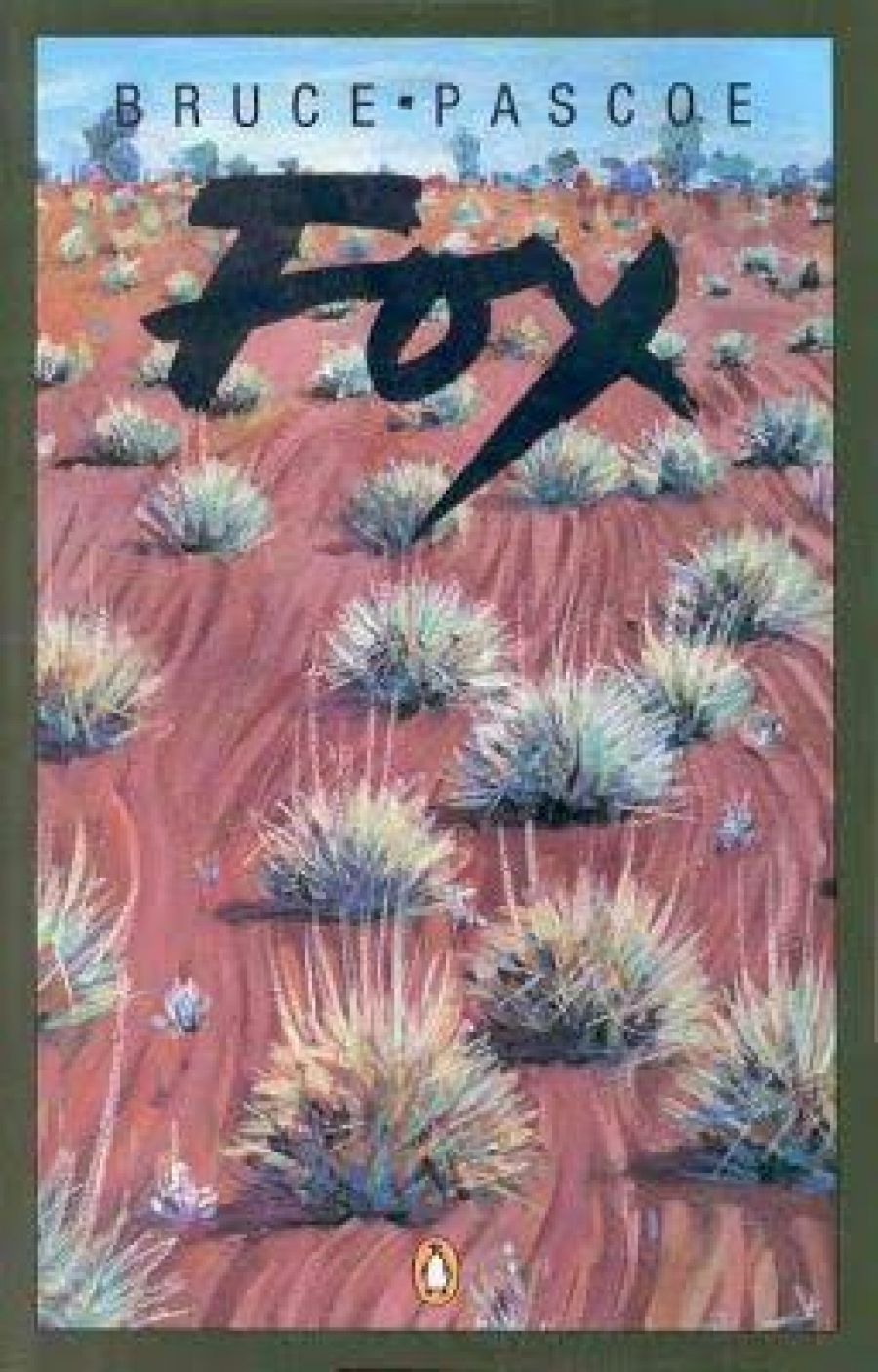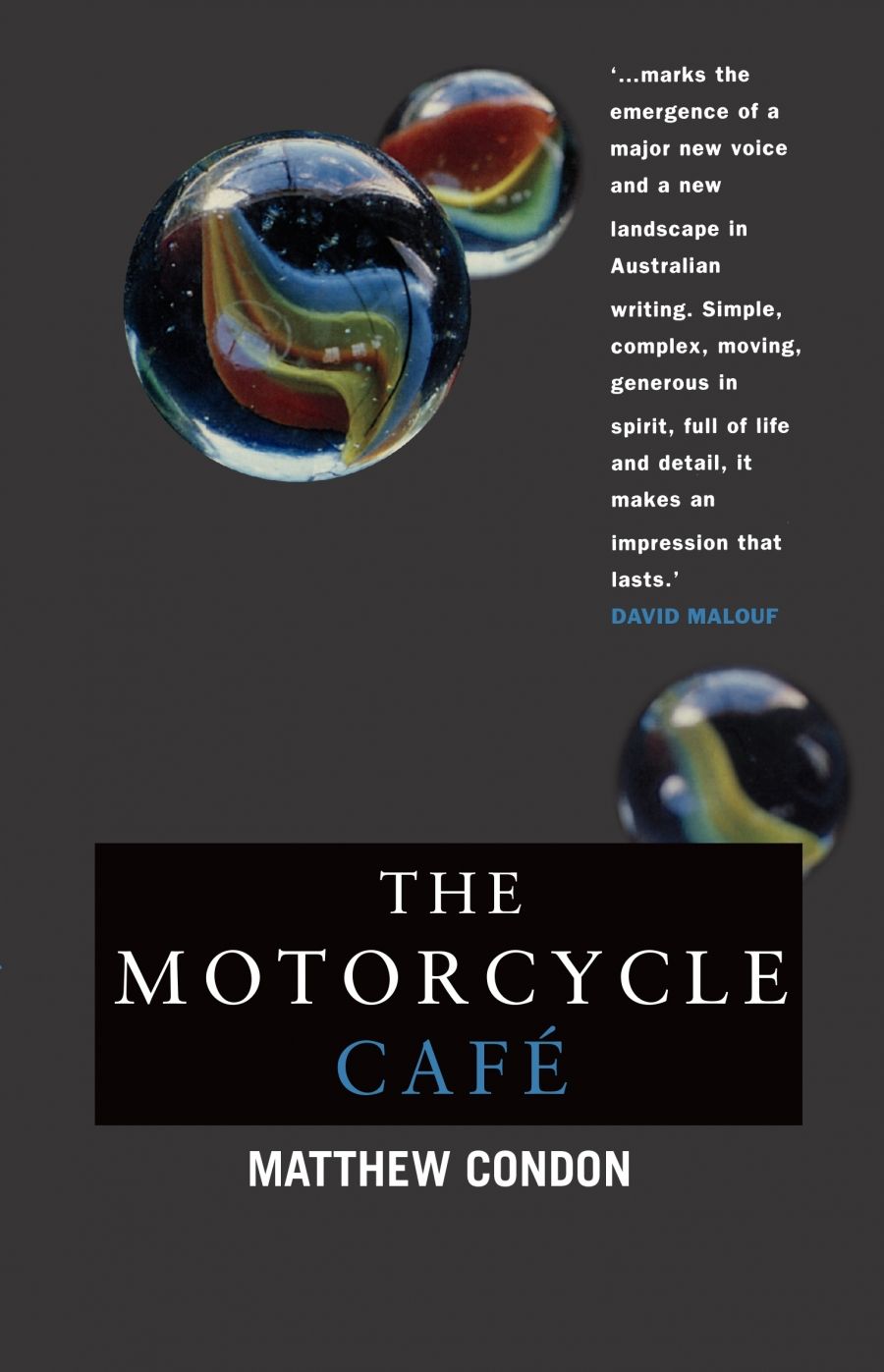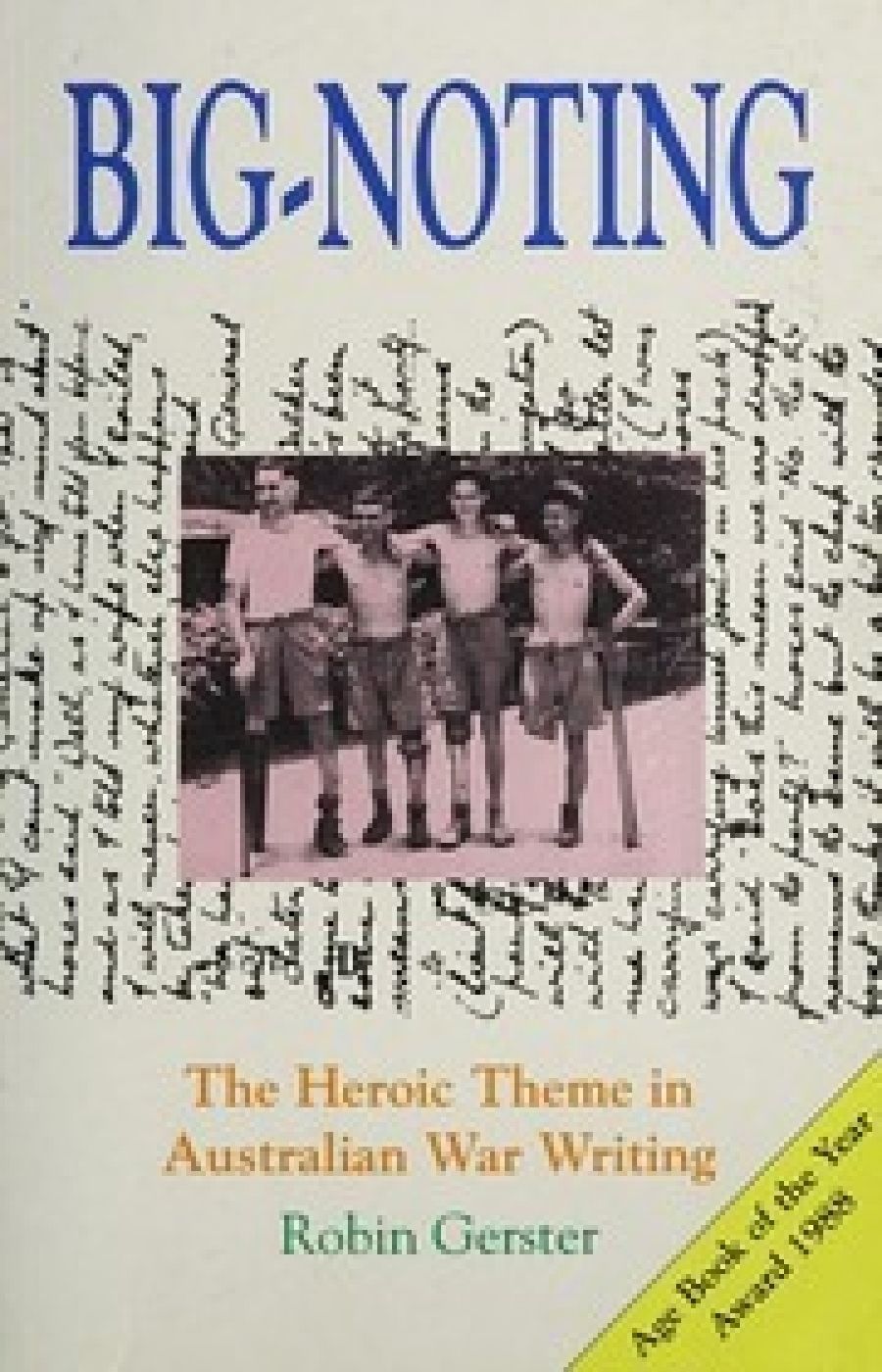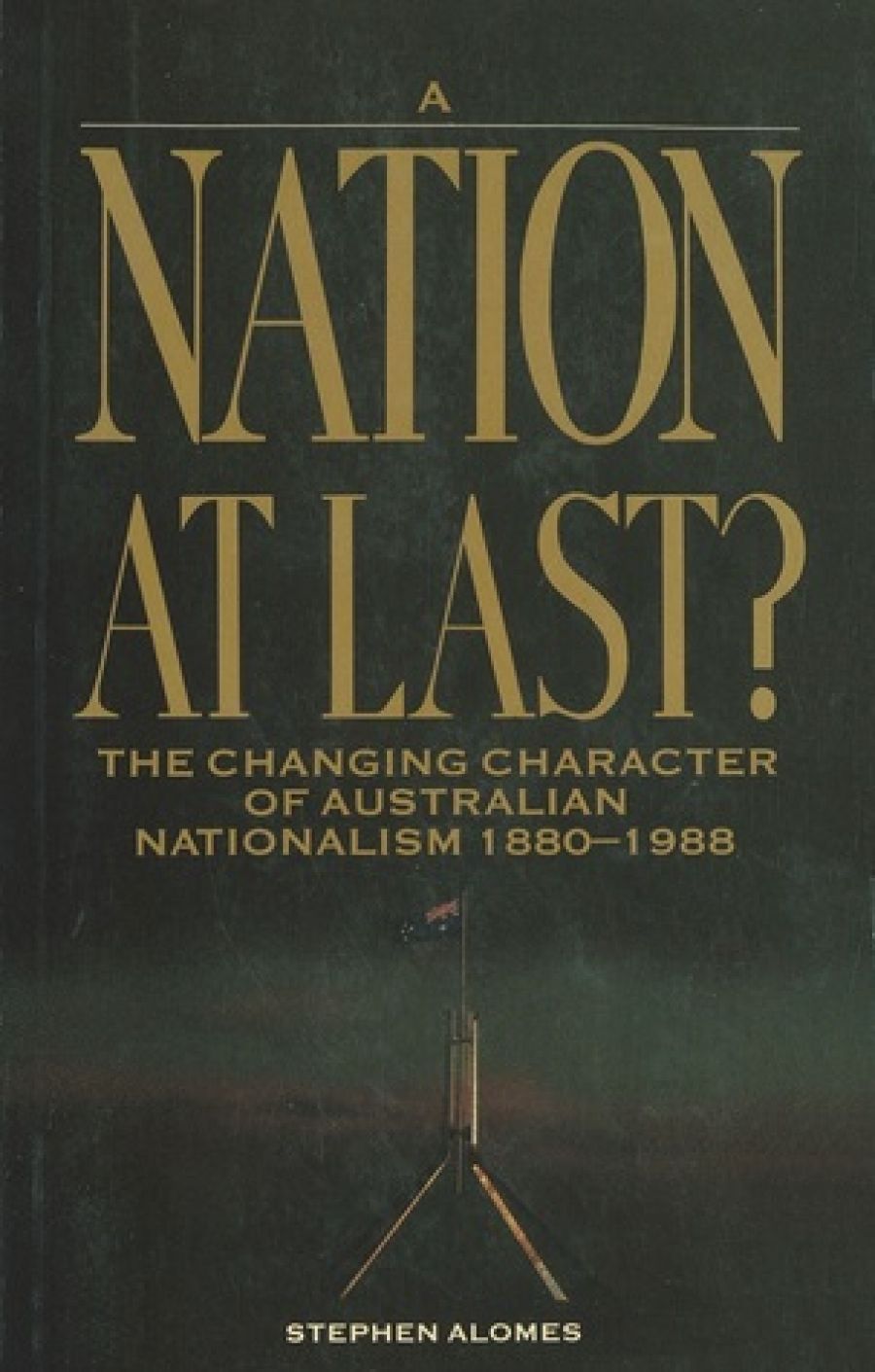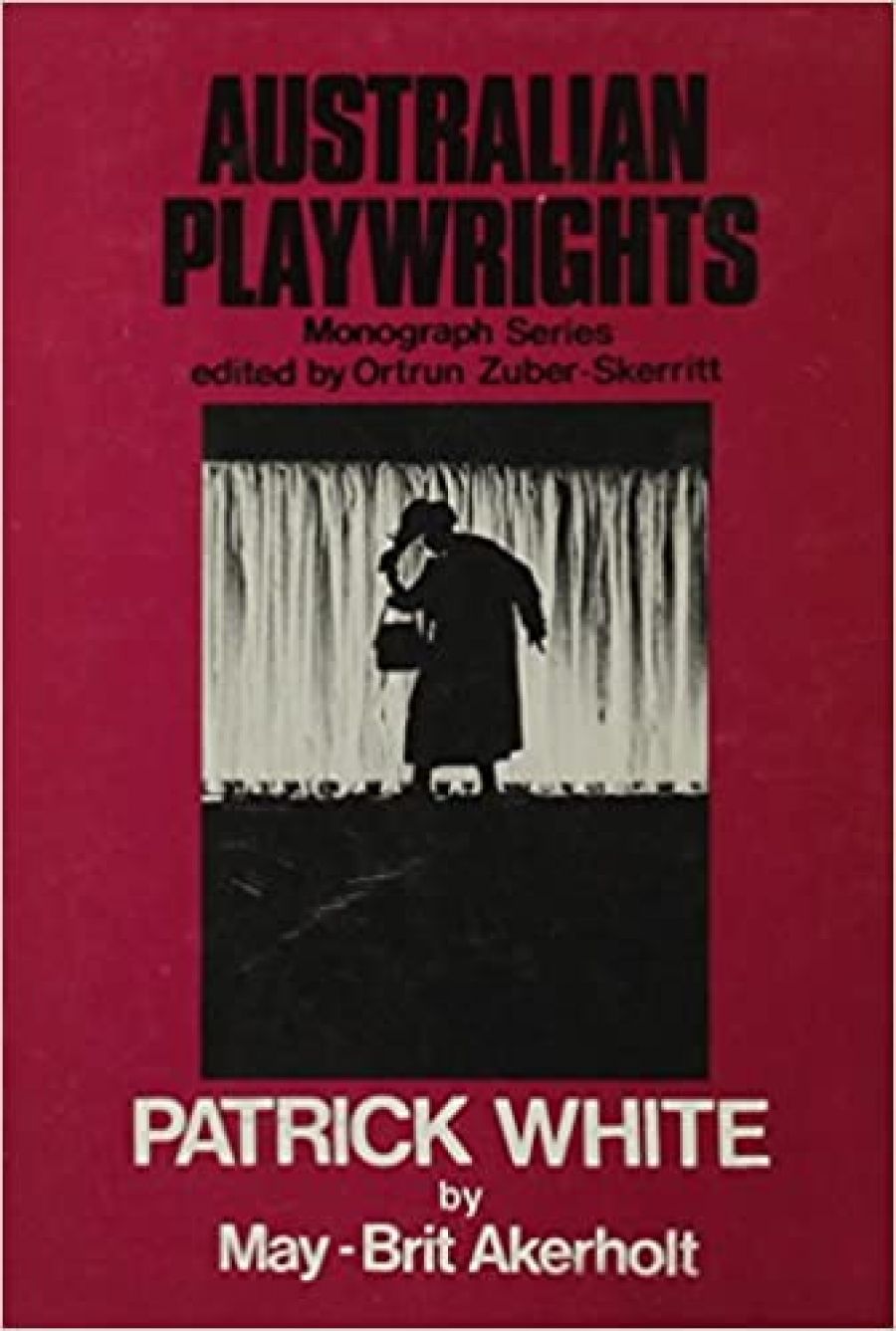
- Free Article: No
- Contents Category: Literary Studies
- Custom Article Title: Pamela Payne Heckenberg reviews 'Patrick White' by May-Brit Akerholt and 'Jack Hibberd' by Paul McGillick
- Review Article: Yes
- Article Title: Contemporary theatre
- Online Only: No
- Custom Highlight Text:
Although it is accidental that these two books have been released simultaneously (they just happen to be numbers two and three in a series of monographs on Australian playwrights) it’s a fortuitous accident. In form, they provide examples of two markedly contrasting and entirely appropriate methods of dealing with the work of a playwright. And historically, both Patrick White and Jack Hibberd have been landmark playwrights. Together they may well share the honours for the instigation of the most critical vitriol in the Australian press. At the same time, their work has always generated fervent praise and support from theatre critics, practitioners, and audience members who want theatre that is surprising, challenging, and innovative.
- Book 1 Title: Patrick White
- Book 1 Biblio: Editions Rodopi, $20.00 pb, 153 pp
- Book 2 Title: Jack Hibberd
- Book 2 Biblio: Editions Rodopi, $20.00 pb, 153 pp
Although it is accidental that these two books have been released simultaneously (they just happen to be numbers two and three in a series of monographs on Australian playwrights) it’s a fortuitous accident. In form, they provide examples of two markedly contrasting and entirely appropriate methods of dealing with the work of a playwright. And historically, both Patrick White and Jack Hibberd have been landmark playwrights. Together they may well share the honours for the instigation of the most critical vitriol in the Australian press. At the same time, their work has always generated fervent praise and support from theatre critics, practitioners, and audience members who want theatre that is surprising, challenging, and innovative.


